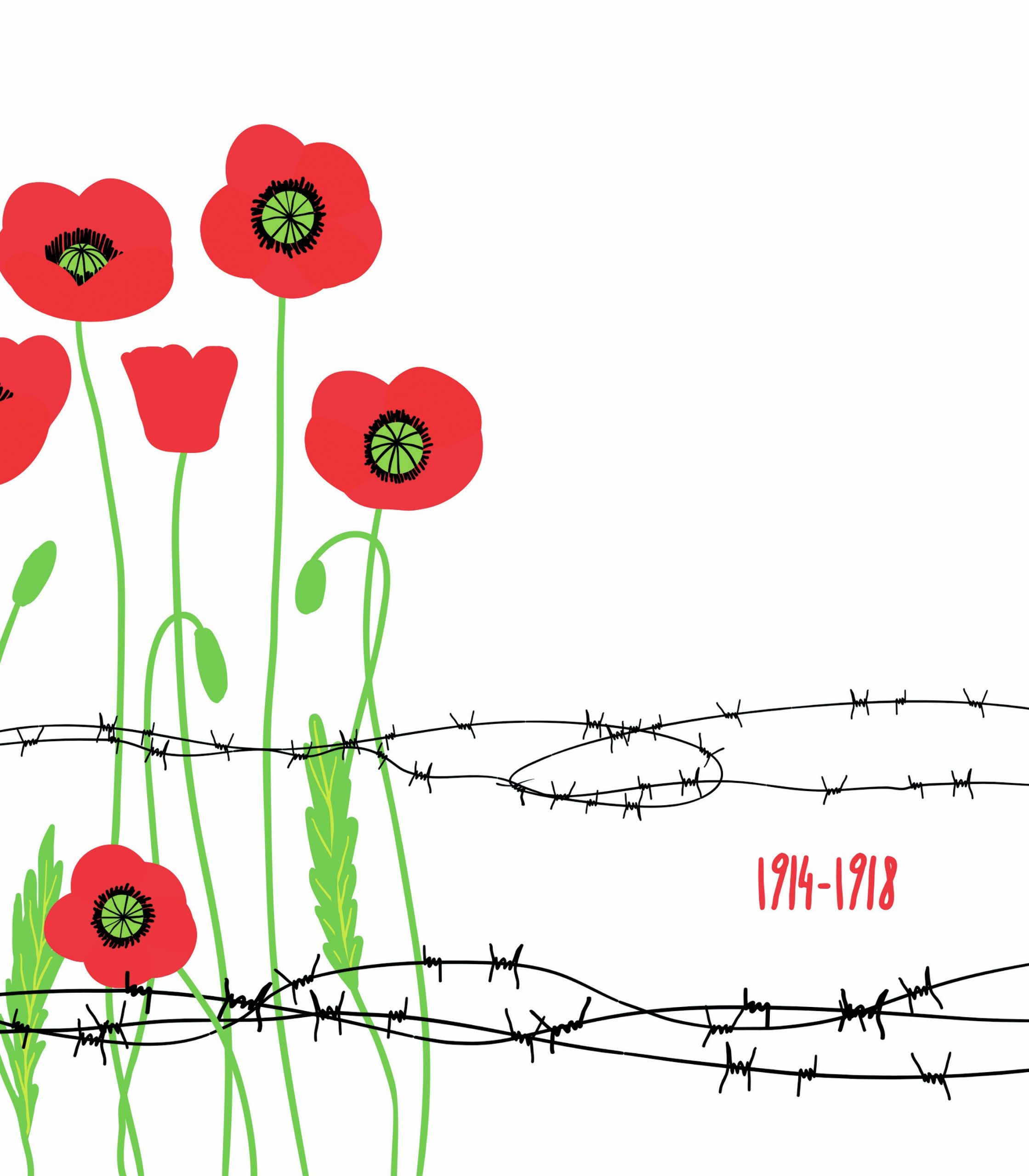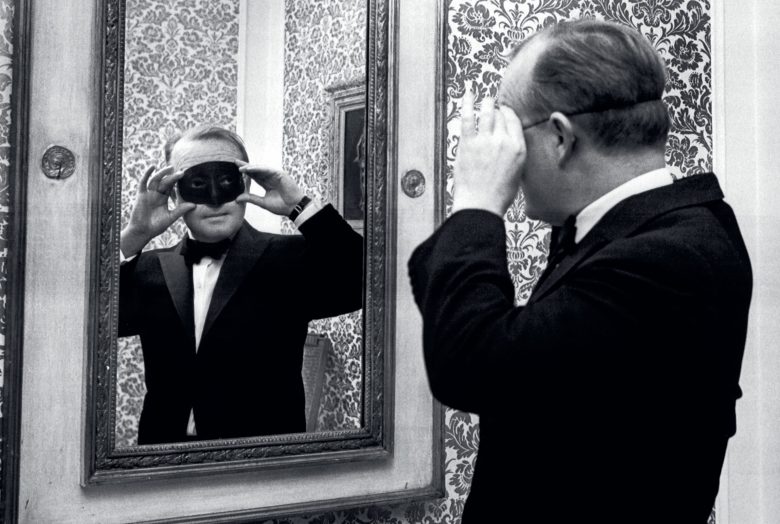
AQA (A): Paper 2: ‘World War 1 and its aftermath’
Journey’s End was written by a veteran who had actually served in the First World War. R. C. Sherriff, junior officer of the East Surrey Regiment, based the play on the letters home to his parents and friends that he had written a decade earlier in the spring and summer of 1917, before his wounding at Passchendaele and subsequent return to England. As a direct trench portrait, this play has always been prized for a sense of documentary realism that has enabled readers and audiences to enter into the front-line experience. Sherriff’s biographer, Roland Wales, has drawn on primary sources such as those from Sherriff’s own collection held at the Surrey History Centre to discuss what about the play is most true to life, but Journey’s End is still a fiction.
Your organisation does not have access to this article.
Sign up today to give your students the edge they need to achieve their best grades with subject expertise
Subscribe




